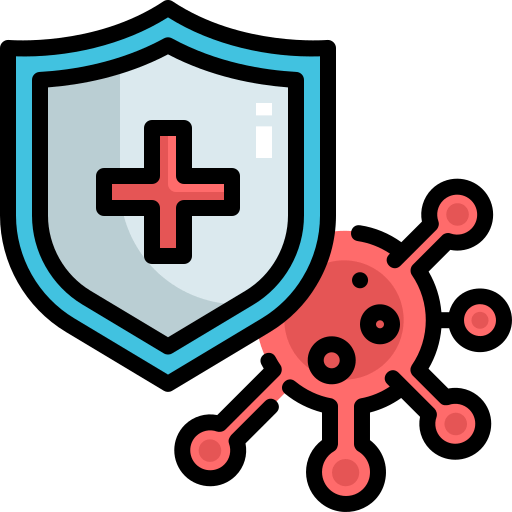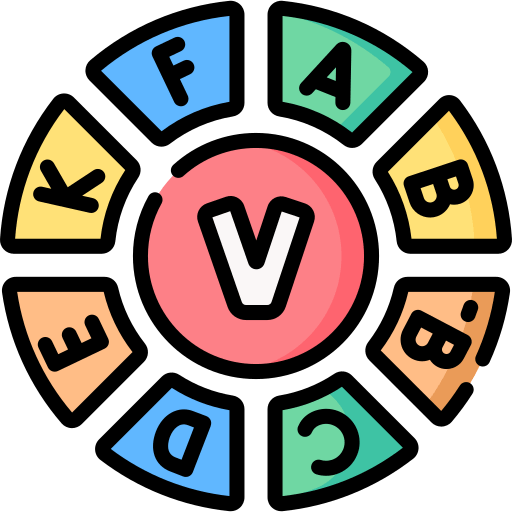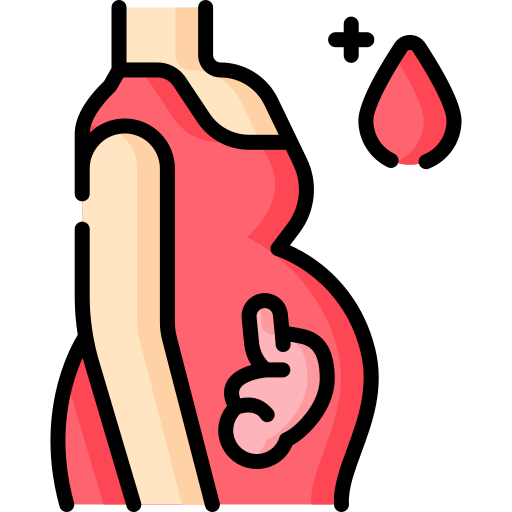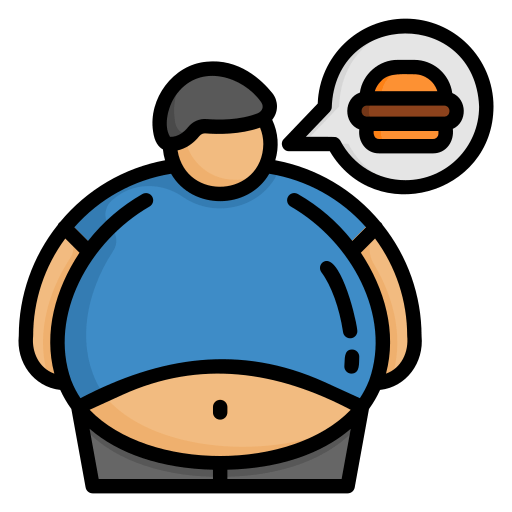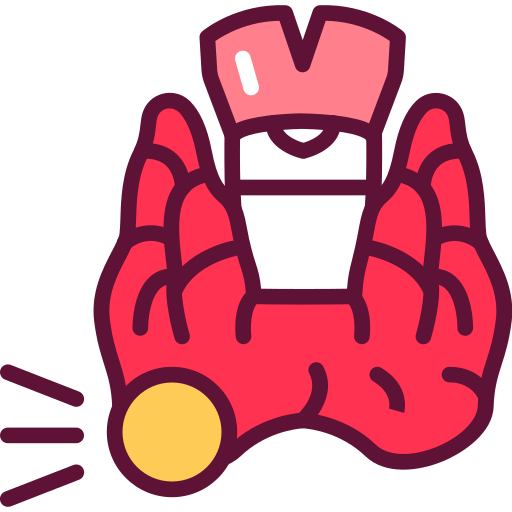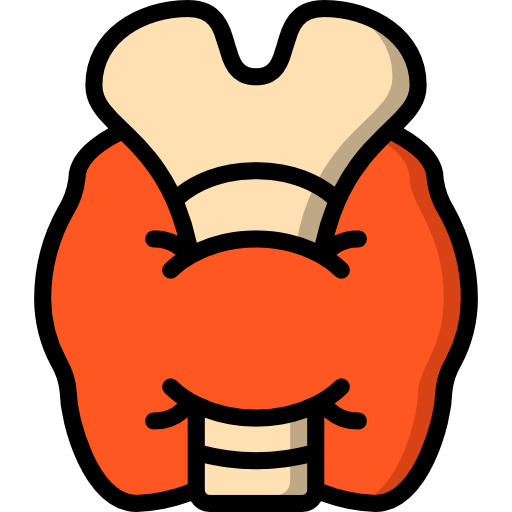
Hypothyroidism is a condition in which the thyroid gland does not produce enough thyroid hormone. This can lead to a variety of symptoms such as fatigue, weight gain, and dry skin. Diet can play an important role in managing hypothyroidism, along with other treatments such as medication and lifestyle changes.
A hypothyroidism diet plan can help ensure that individuals with hypothyroidism are consuming adequate nutrients to support thyroid function and overall health. Some nutrients, such as iodine and selenium, are particularly important for thyroid function and may be included in a hypothyroidism diet plan. In addition, some foods, such as goitrogens, may interfere with thyroid function and may be limited in a hypothyroidism diet plan.
A hypothyroidism diet plan is important because the thyroid gland plays a critical role in regulating metabolism and energy production in the body. When the thyroid gland is not functioning properly and does not produce enough thyroid hormone, it can lead to a variety of symptoms such as fatigue, weight gain, and dry skin. Diet can play an important role in managing hypothyroidism, along with other treatments such as medication and lifestyle changes.
Here are some dietary guidelines included in our diet plan:
-
Eat nutrient-dense foods: Foods that are high in nutrients such as vitamins and minerals can help support thyroid function. Choose foods such as fruits, vegetables, whole grains, lean protein, and healthy fats.
-
Limit goitrogens: Goitrogens are compounds found in some foods that can interfere with thyroid function. Examples include cruciferous vegetables such as broccoli and cauliflower, soy, and millet. While these foods can be healthy in moderation, it may be best to limit intake if you have hypothyroidism.
-
Include iodine-rich foods: Iodine is a mineral that is important for thyroid function. Choose foods such as seaweed, fish, dairy products, and iodized salt.
-
Avoid processed foods: Processed foods can be high in unhealthy fats, sodium, and sugar, which can negatively impact thyroid function and overall health. Choose whole, unprocessed foods whenever possible.
-
Monitor iron levels: Iron deficiency can be common in individuals with hypothyroidism. Include iron-rich foods such as lean red meat, poultry, beans, and dark leafy greens in the diet.
-
Consider supplements: Some individuals with hypothyroidism may benefit from supplements such as selenium, zinc, or vitamin D. However, it is important to discuss supplementation with a healthcare provider to determine if it is appropriate and safe.
It is important to work with us to develop a personalized hypothyroidism diet plan that meets individual nutrient needs, dietary restrictions, and food preferences. Regular monitoring of thyroid function and other health markers is also important to track progress and make adjustments as needed.
Trusted by many clients
We have been trusted by more than 10,000 clients.
Hassle free diet food
Our diet is easy to prepare and eat. We guarantee you the tastiest food.
Anytime support
We always support you through your diet plan. Feel free to ask anything anytime.
Guaranteed Transformation
If you follow our diet properly then we will guarantee you your desired output.



